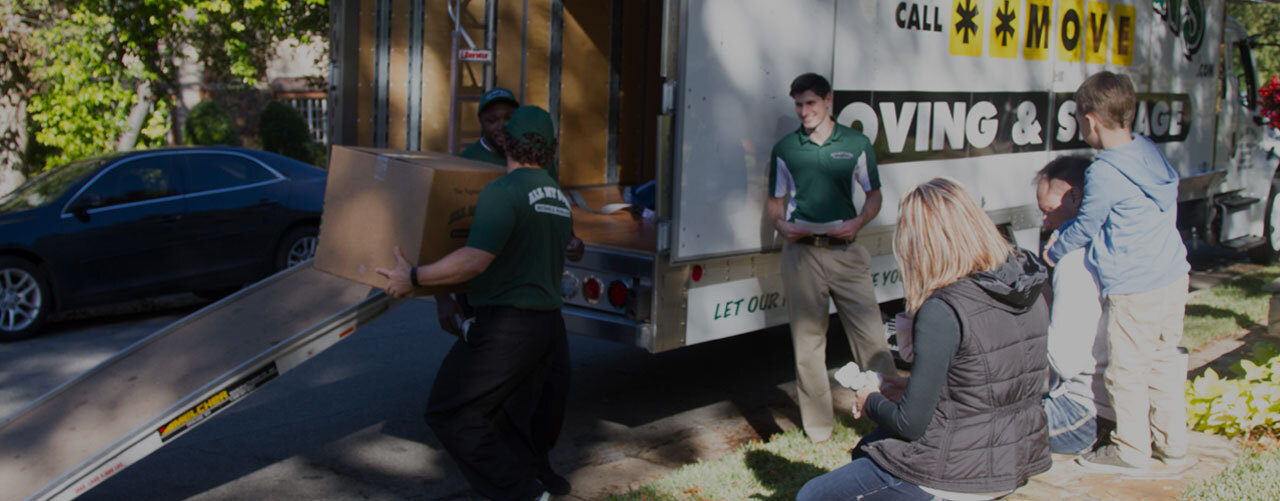Are You Paying Too Much in Property Taxes?
In addition to your mortgage, homeowners’ insurance, and other fees, one thing you have to pay as a Columbus homeowner is property tax. Property tax rates vary depending on where you live. Your realtor can obtain "comps" for you to take to the tax appraisers office to protest your home. If it is your homestead, meaning you live there primarily, make sure you are claiming your homestead exemption, which will save you money. Each year, the county sends you an estimated value of what they propose your property is worth and the rate at which your property will be taxed. Enclosed they also should send instructions on how to dispute any discrepancies and a deadline for doing so. If you are planning to move to Columbus, be sure you understand the property tax rates associated with the area. Some experts estimate that at least one third of all properties nationwide are assessed too high for property taxes. According to the National Tax Payers Union and the American Homeowners Association, as many as 60% of all properties nationwide is over-assessed. There are several plausible reasons why your home's assessed value and the resulting property tax you pay can be too high: Sheer volume alone increases the likelihood that errors can occur. There are more than 65,000 governmental taxing authorities, each with its own laws, rules and procedures for levying and collecting taxes on over 80 million taxable properties which are assessed a tax annually. Therefore it is impossible that such a system can take into account the unique characteristics of each property that is assessed. Lack of qualified assessors: typically the person in this position of the local government is appointed to the job of property tax assessor and is no more knowledgeable than the average property owner in appraising properties, and is not required to be an expert in the field of property value assessment. Property tax assessors cannot inspect every property: These individuals often perform this job part-time and lack the staff and resources to do a through assessment on every property. One property owner who challenged the assessed value of his property and tax was appalled to learn that the assessor had "looked at the house from the road," which is a common technique utilized in the assessment process. The particular property, set back some 50 feet from the road, failed to show the house was in poor condition and required significant repairs. There is little incentive for your local government to help you to reduce your property tax: Property tax is the single largest source of revenue for local governments - usually over 80 percent of a local government's budget is paid by property taxes.

